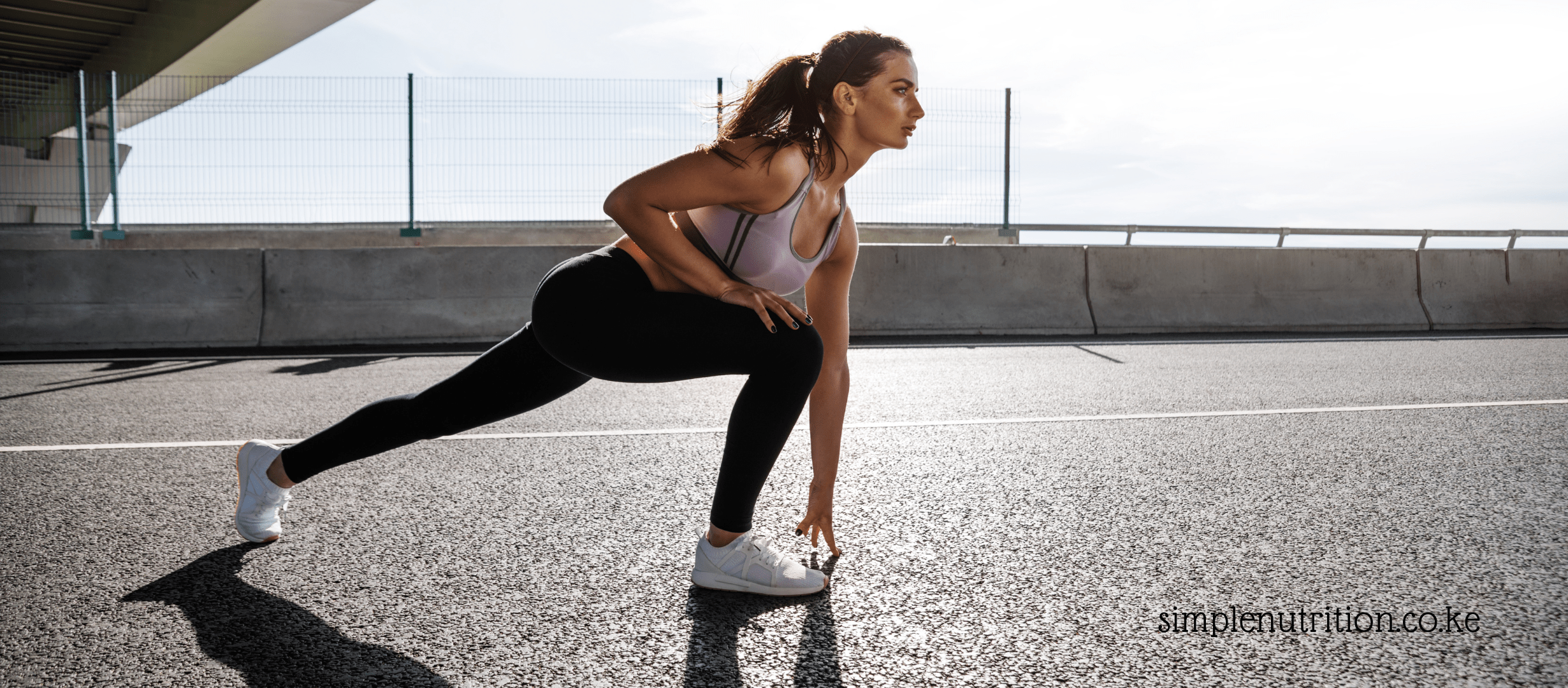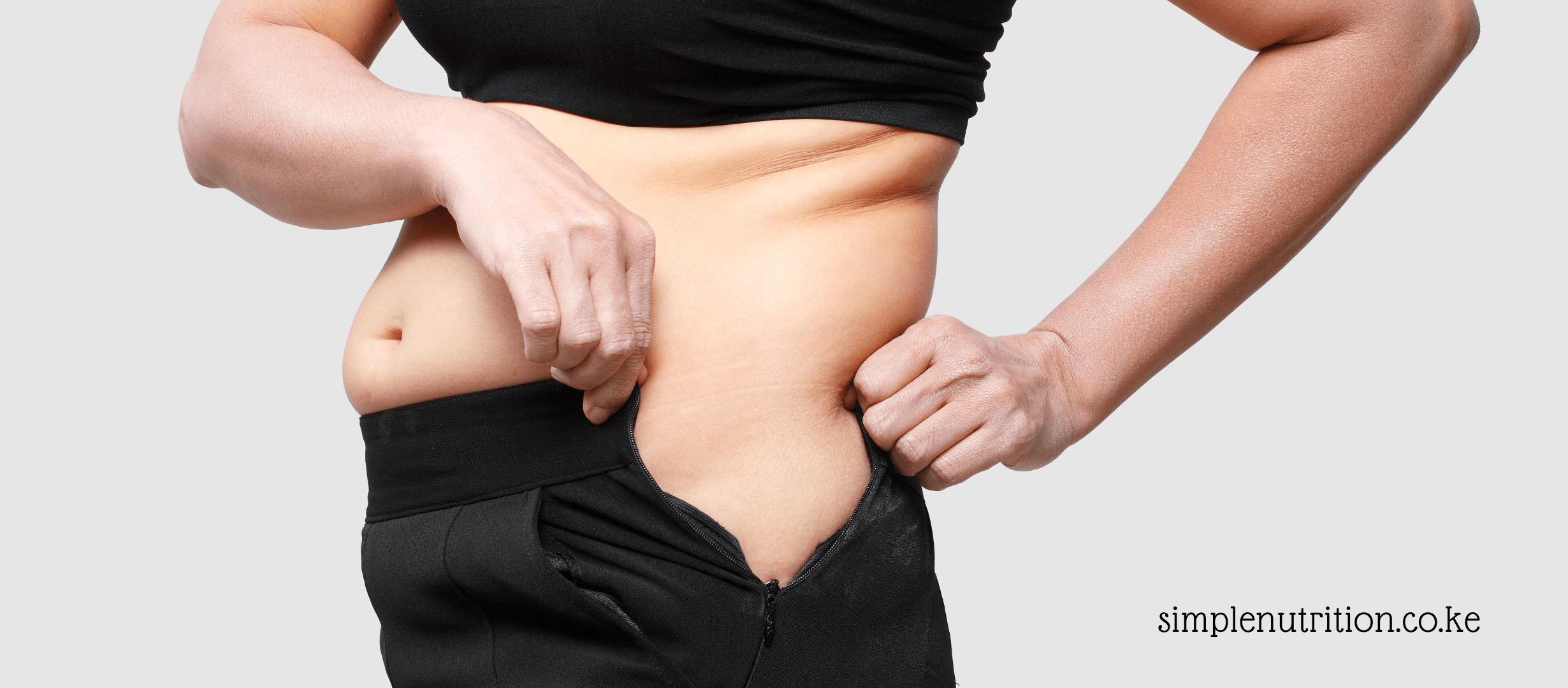Weight loss is a common goal for many individuals looking to improve their health, appearance, and overall well-being. It generally involves a combination of dietary changes, physical activity, and lifestyle modifications to reduce body fat and maintain a healthy weight.
However, despite the abundance of “weight loss” foods on the market, not all are effective for everyone, and some can even hinder progress.
Common Foods Used for weight loss include:
- Fruit juices and smoothies
- Granola and cereal bars
- Low-fat or fat-free products
- Diet sodas
- Rice cakes
Why These Foods Might Not Work
- Fruit Juices and Smoothies: While fruits are healthy, fruit juices and smoothies can be loaded with sugar and calories, especially when bought pre-made or when additional sweeteners are added. Even though they are marketed as healthy, these drinks can cause blood sugar spikes, leading to increased hunger and potential weight gain.
Solution: Opt for whole fruits instead of juices and smoothies. The fiber in whole fruits slows down sugar absorption, keeps you fuller for longer, and helps regulate blood sugar levels.
- Granola and Cereal Bars: These snacks are often marketed as a healthy, on-the-go option, but they can be packed with added sugars, unhealthy fats, and preservatives. They may also be calorie-dense, meaning you consume more calories than intended.
Solution: Choose whole foods like nuts, seeds, and fresh fruits for snacks. If you enjoy granola bars, make your own at home using natural ingredients like oats, nuts, and dried fruits with minimal added sugar.
- Low-Fat or Fat-Free Products: Many assume low-fat or fat-free products are healthier and better for weight loss. However, these products often contain added sugars or artificial ingredients to compensate for the lack of flavour from fat. This can lead to overconsumption and an overall increase in calorie intake.
Solution: Focus on consuming whole, unprocessed foods. Healthy fats from sources like avocados, nuts, seeds, and olive oil are beneficial and can help you feel full and satisfied, reducing overall calorie intake.
- Diet Sodas: Although diet sodas are calorie-free, they often contain artificial sweeteners that can disrupt metabolism and increase cravings for sugary foods. This can lead to overeating and weight gain over time.
Solution: Drink water, herbal teas, or sparkling water with a splash of lemon or lime for flavor. If you need a sweet beverage, consider natural options like water infused with fresh fruits or a small amount of honey.
- Rice Cakes: Rice cakes are often considered a low-calorie snack, but they are highly processed and have a high glycemic index, which means they can cause blood sugar spikes. This can lead to increased hunger and the tendency to eat more.
Solution: Replace rice cakes with whole-grain options like whole-grain crackers or a piece of fruit with a small amount of protein, like nut butter or yogurt, to keep you full and satisfied.
Conclusion
Not all foods marketed for weight loss are effective, and some can even hinder progress. Understanding the ingredients, nutritional content, and the body’s response to these foods is crucial for making better choices. By focusing on whole, nutrient-dense foods and being mindful of portions, you can achieve more sustainable and effective weight loss.
Discover more from Simple Nutrition
Subscribe to get the latest posts sent to your email.






